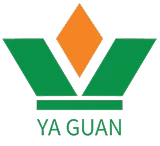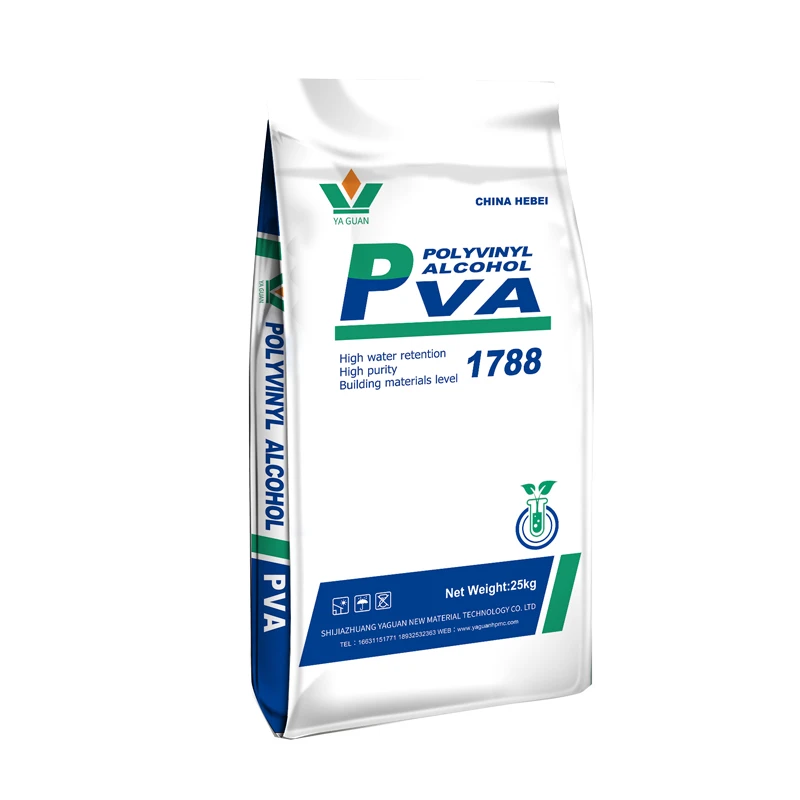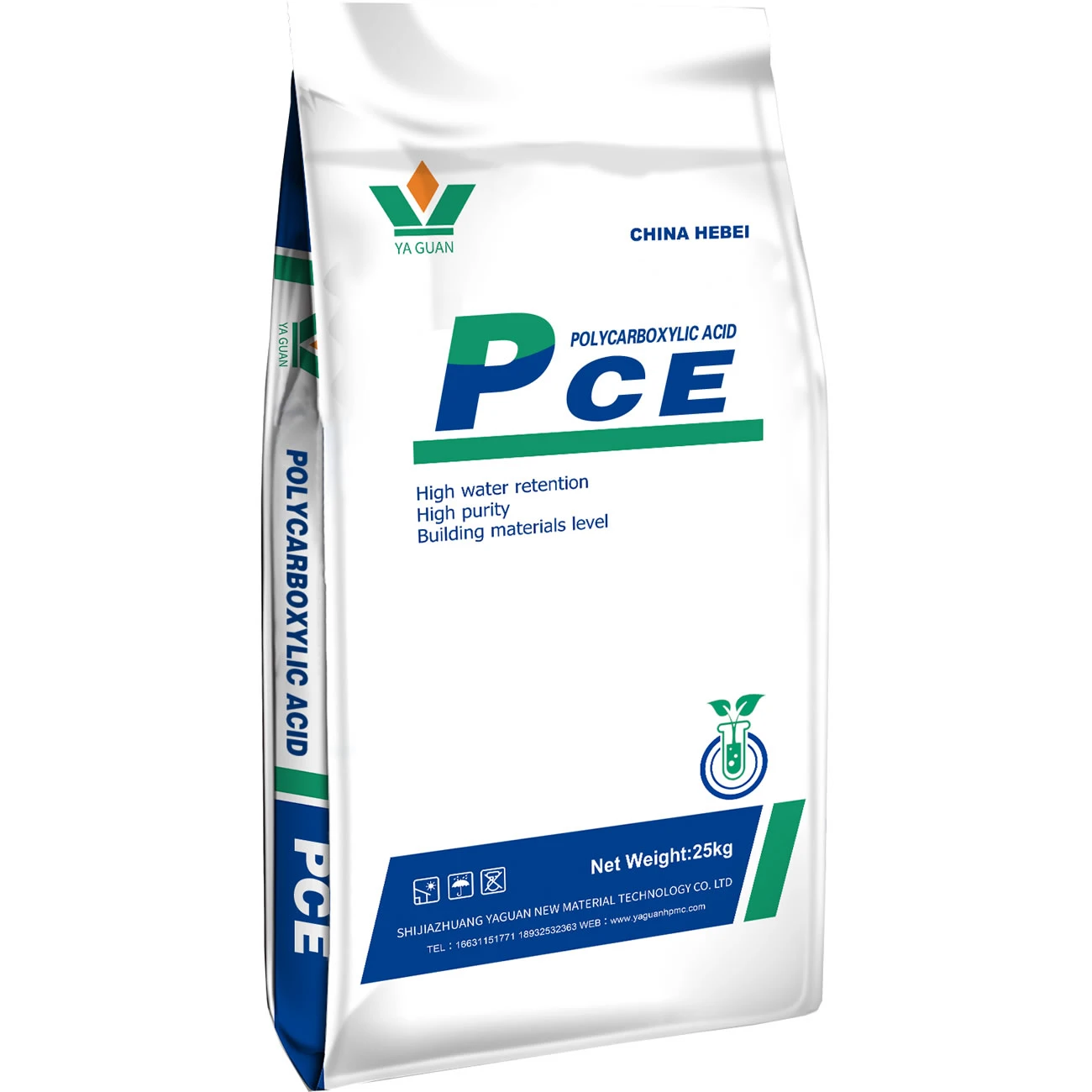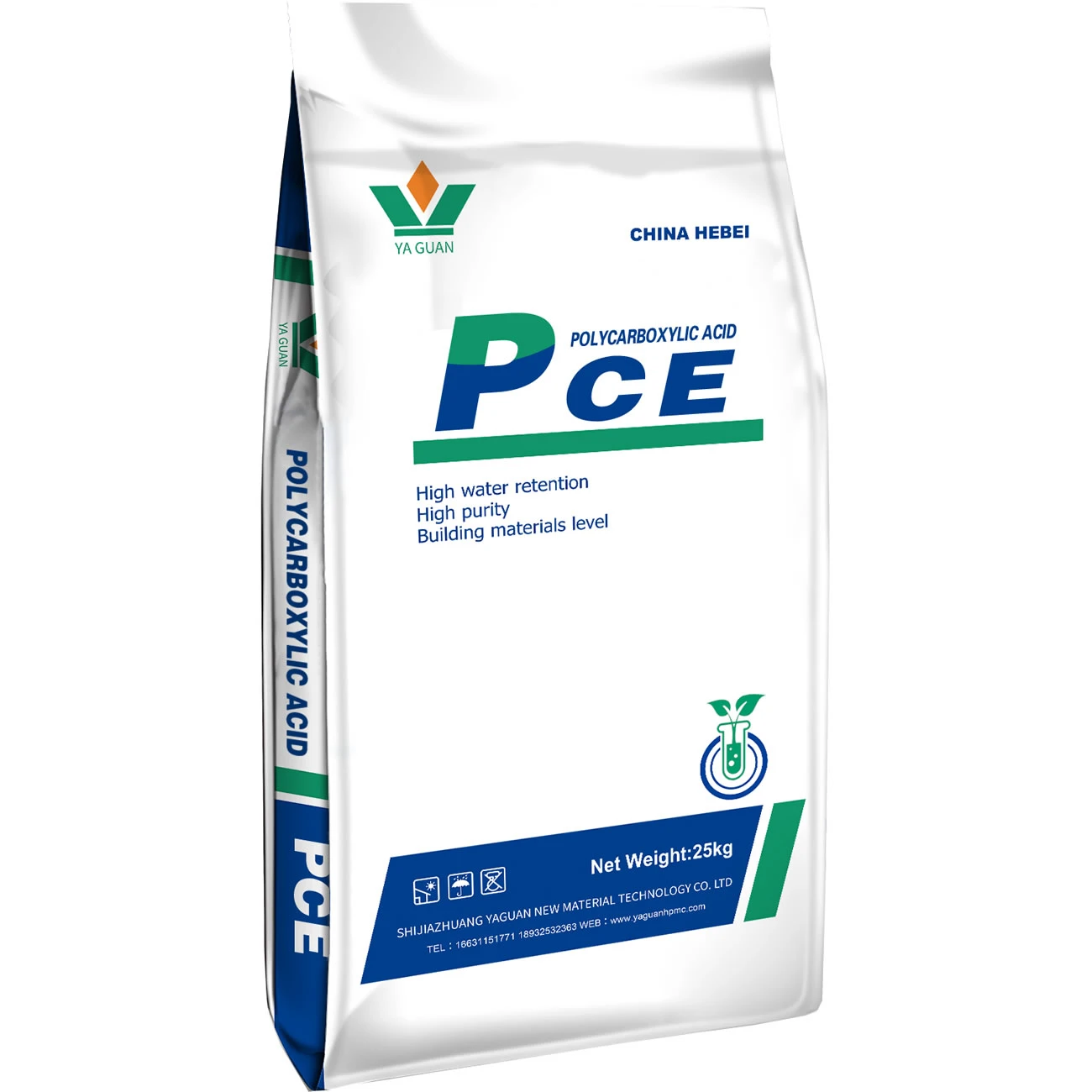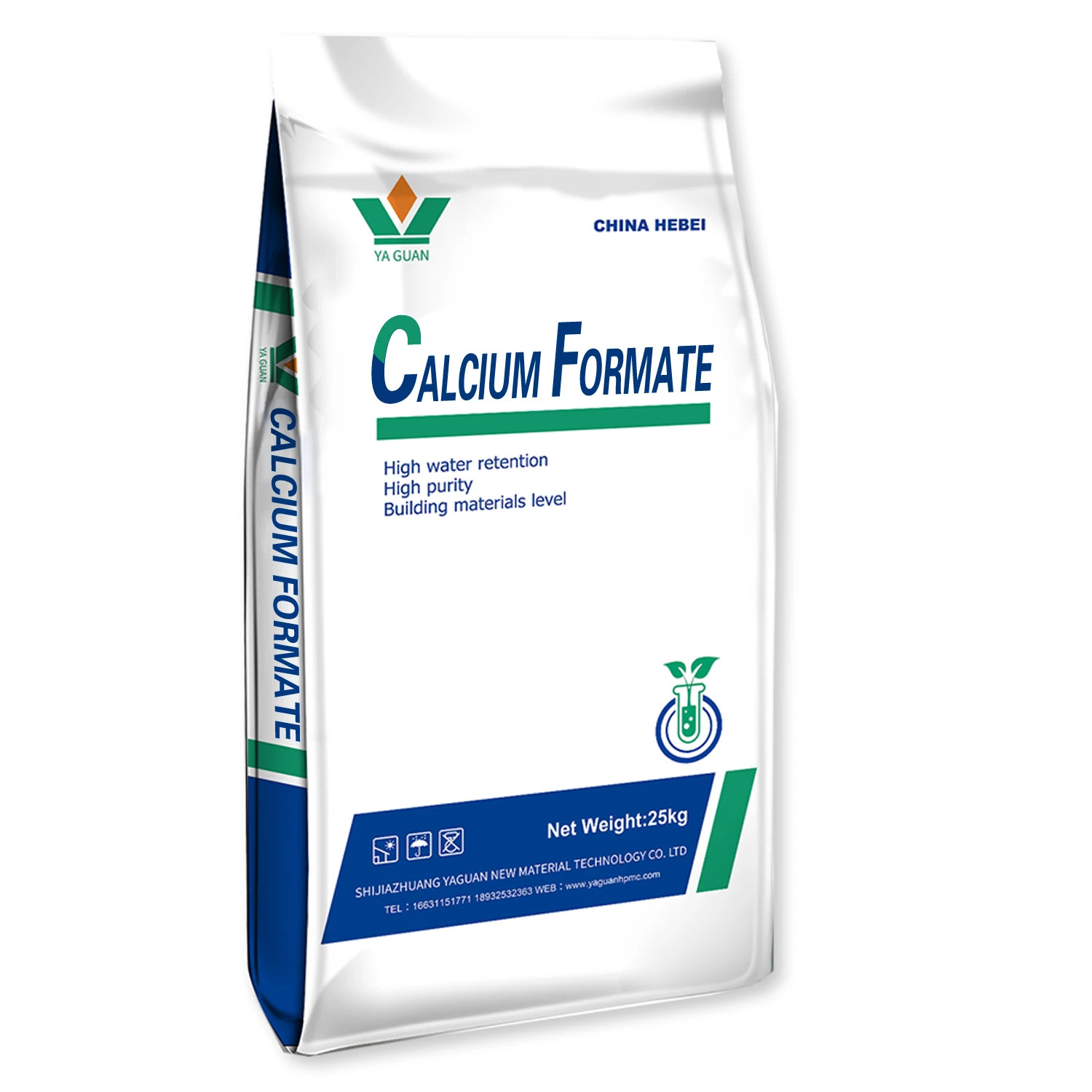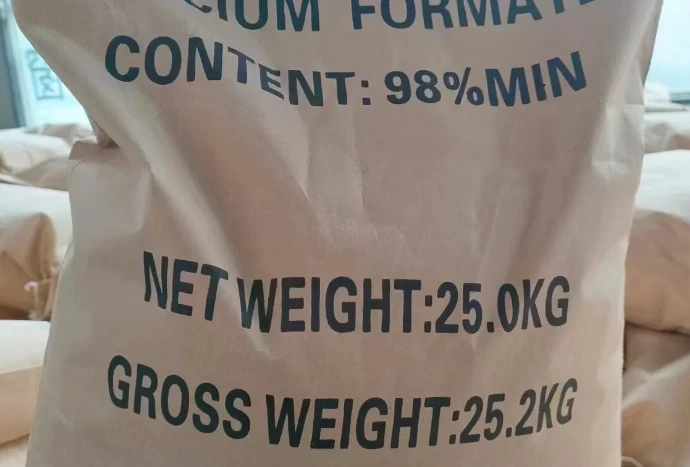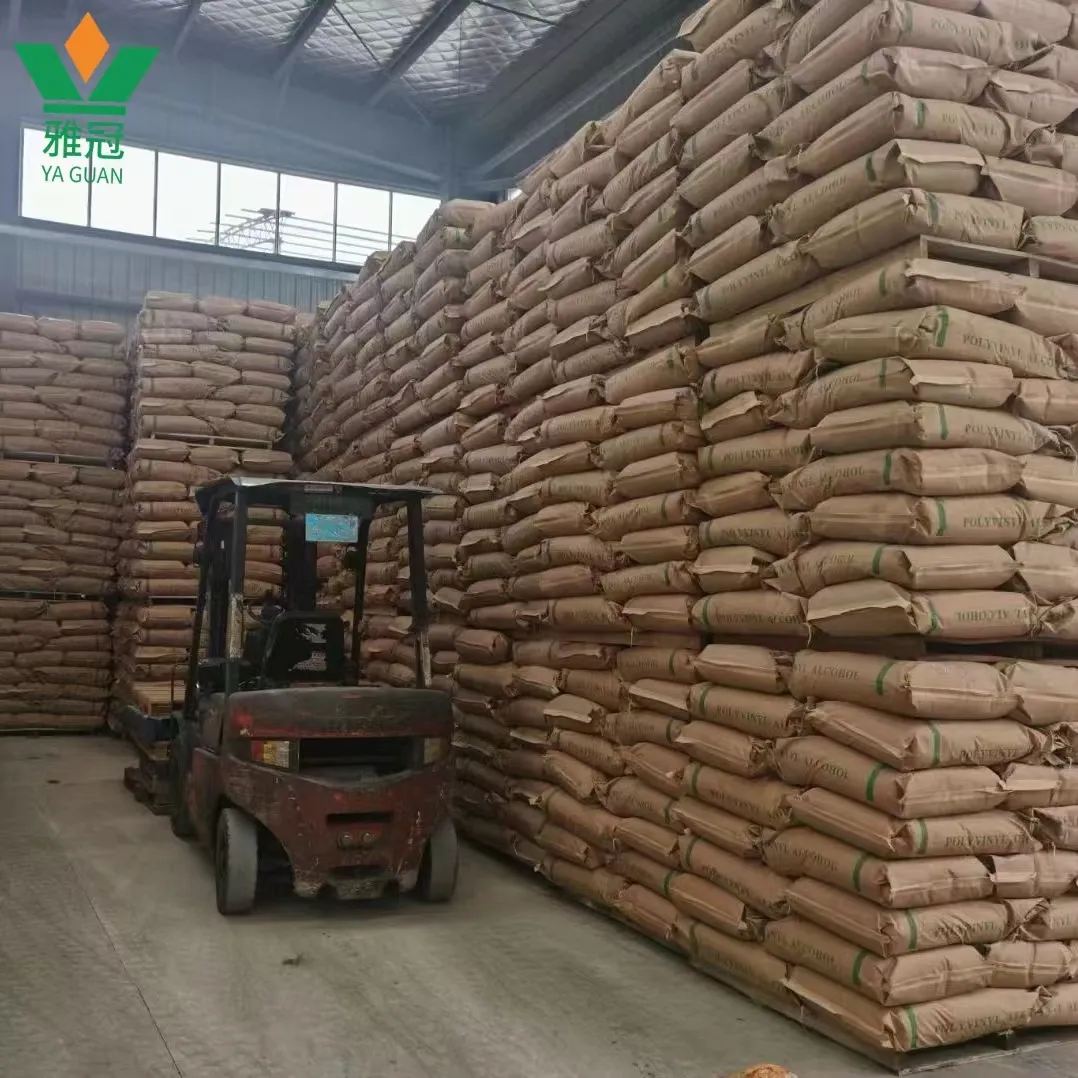
- Introduction and Overview of Vinyl Alcohol
- Chemical Characteristics and Unique Properties
- Market Data: Demand, Production, and Growth Analysis
- Comparative Analysis of Leading Vinyl Alcohol Polymer Manufacturers
- Custom Solutions and Innovations in Poly Vinyl Alcohol CAS
- Case Studies: Real-World Industrial and Commercial Applications
- Conclusion: Transformative Uses and the Future Potential of Vinyl Alcohol

(vinyl alcohol)
Introduction and Overview of Vinyl Alcohol
Vinyl alcohol, a simple yet highly versatile organic compound, serves as a fundamental building block in modern material science. As a precursor to numerous industrial products, including poly vinyl alcohol
polymers, its importance extends across a diverse range of sectors. Its chemical formula, C2H4O, may seem modest, but the compound plays a foundational role in polymer chemistry, synthetic fiber production, and advanced film technologies. This article explores the crucial aspects of vinyl alcohol, including its production, market relevance, technical features, and application innovations.
Chemical Characteristics and Unique Properties
Vinyl alcohol is notable for its tautomeric relationship with acetaldehyde, featuring an unstable enol form that swiftly rearranges to its keto isomer. Despite this limitation, its derivative—poly vinyl alcohol (PVA)—demonstrates unparalleled versatility: PVA is highly soluble in water, exhibits superior film-forming capacity, and offers excellent chemical resistance.
- Solubility: PVA can dissolve in both hot and cold water, making it suitable for varied processing conditions in textile and packaging industries.
- Mechanical Strength: The tensile strength of poly vinyl alcohol films at 80 MPa surpasses many conventional polymers, ensuring durability in demanding environments.
- Biodegradability: One major advantage is PVA’s potential for environmental sustainability, demonstrated by its biodegradation rates of up to 60% under optimal composting conditions.
Market Data: Demand, Production, and Growth Analysis
The global poly vinyl alcohol CAS market is experiencing robust expansion. According to a 2023 industry report, the global market was valued at USD 6.8 billion, projected to reach USD 9.2 billion by 2028, registering a steady CAGR of 6.1%. Asia-Pacific dominates the production landscape, accounting for 58% of global output, mainly driven by rapid industrialization in China and India.
Several core sectors fuel this growth:
- Textiles: Used in warp sizing and finishing due to its film-forming and adhesive qualities.
- Packaging: Water-soluble PVA films are increasingly chosen for eco-friendly packaging solutions.
- Adhesives & Binders: Its chemical inertness makes PVA ideal for emulsions, paper coatings, and construction adhesives.
| Year | Global Market Size (USD Billion) | Demand Growth Rate (%) | Major Application Segment (%) | Top Producing Region |
|---|---|---|---|---|
| 2021 | 6.0 | 5.9 | Textiles (38%) | Asia-Pacific |
| 2023 | 6.8 | 6.1 | Packaging (41%) | Asia-Pacific |
| 2028 (Forecast) | 9.2 | 6.1 | Packaging (44%) | Asia-Pacific |
Demand for vinyl alcohol continues to grow across niche medical, cosmetic, and industrial application areas, reflecting its status as a vital, future-proof material.
Comparative Analysis of Leading Vinyl Alcohol Polymer Manufacturers
The competitive landscape for vinyl alcohol polymer production is both diverse and innovation-driven. Global manufacturers are facing increasing pressure to deliver products that meet stringent performance and sustainability requirements. To provide a data-driven overview, the table below compares four leading manufacturers based on annual capacity, portfolio breadth, technical differentiation, and sustainability initiatives.
| Company | Annual Production Capacity (kt) | Focus Applications | Notable Technical Advantage | Sustainability Commitment |
|---|---|---|---|---|
| Kuraray (Japan) | 340 | Pharmaceuticals, Packaging, Water Treatment | Ultra-Pure PVA for Medical Use | Certified biodegradable PVA films |
| Sinopec (China) | 210 | Textiles, Adhesives, Construction | Customizable Polymer Grades | Energy-efficient production plants |
| Mitsubishi Chemical (Japan) | 180 | Electronics, Agriculture, Paper | High Heat-Resistant PVA | Closed-loop water recycling |
| Sekisui Chemical (Japan) | 160 | Automotive, Food, Surfactants | Special Co-polymerization Options | Recyclable product lines |
These companies are constantly evolving their offerings, integrating high-performance features and robust eco-friendly practices. Their successes motivate rapid innovation, setting new benchmarks for the entire poly vinyl alcohol polymer industry.
Custom Solutions and Innovations in Poly Vinyl Alcohol CAS
Today’s industrial customers require more than off-the-shelf solutions; they expect tailored materials that deliver on both performance and sustainability. The adaptability of poly vinyl alcohol CAS makes it immensely attractive for custom engineering. Innovations span:
- Degree of Polymerization: Custom control over chain length creates polymers with specific solubility and mechanical profiles, suitable for specialty films or biomedical hydrogels.
- Coating and Cross-linking Technologies: Advanced modification imparts superior water resistance or surface energy characteristics necessary for critical electronics and optical devices.
- Composite Blends: Integration with nanomaterials (for instance, graphene or clay nanoparticles) has produced PVA-based composites with enhanced barrier, tensile, and anti-microbial properties.
Case Studies: Real-World Industrial and Commercial Applications
Numerous sectors have realized measurable benefits by integrating vinyl alcohol-based polymers into their product lines:
- Agriculture: Water-soluble seed coatings based on poly vinyl alcohol polymer accelerate germination by 35% and reduce fertilizer waste by 27% (International Agribusiness Review, 2022).
- Medical: Custom PVA hydrogels are employed in wound dressings and surgical sponges, offering 2.1x higher moisture retention than conventional cotton-based products. Antimicrobial PVA films cut post-surgery infection rates by up to 15% in clinical trials.
- Packaging: Single-use detergent pods and food wrapping films manufactured using water-soluble PVA have reduced plastic waste by over 4,000 tons annually (EcoPack World Report, 2023).
- Textiles: Japanese textile manufacturers reported a 22% reduction in processing time after adopting PVA-based sizing agents, complemented by lowered wastewater toxicity.
Conclusion: Transformative Uses and the Future Potential of Vinyl Alcohol
As industries prioritize sustainability and performance, vinyl alcohol continues to prove itself as an indispensable ingredient in advanced material solutions. By combining unmatched solubility, mechanical resilience, and eco-friendly profiles, vinyl alcohol and its polymer derivatives are catalyzing innovation across global value chains. As ongoing R&D unlocks further custom applications and biocompatibility enhancements, this compound is poised to remain at the forefront of next-generation product development.

(vinyl alcohol)

